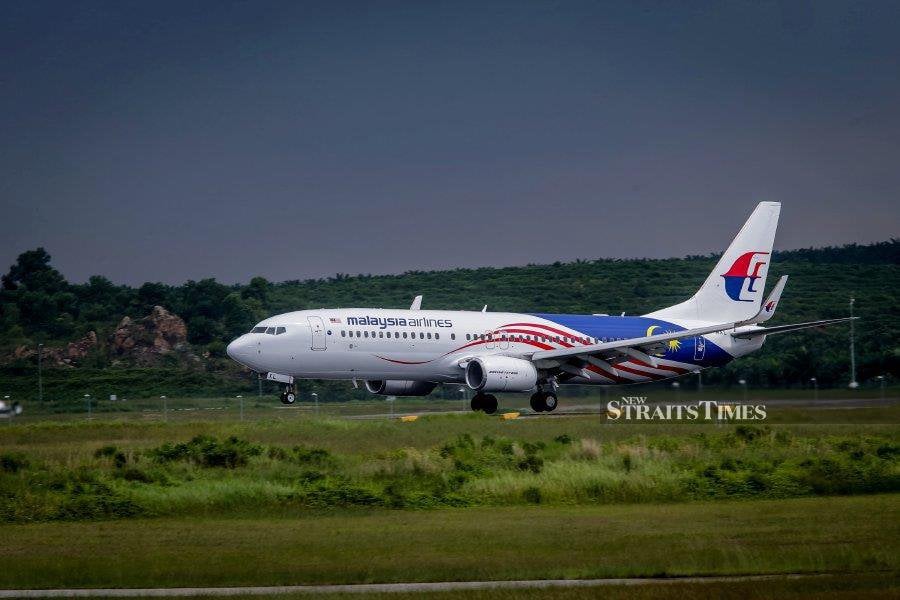
SINGAPORE: The Association of Asia Pacific Airlines (AAPA) member airlines have agreed on an aspirational target to use a blend of five per cent of sustainable aviation fuel (SAF) by 2030.
AAPA director general Subhas Menon said the five per cent is a collective target for all of its member airlines and the decision made was unanimous.
"By highlighting their collective ambition on SAF usage, AAPA airlines are indicating the level of SAF demand as an impetus for governments to consider the necessary support initiatives for SAF supply and for fuel producers to plan SAF production capacity to meet the needs of the industry," he said at a press conference at the AAPA 67th Assembly of Presidents event here today.
AAPA's airline members include Malaysia Airlines Bhd, Air Astana, Singapore Airlines, Garuda Indonesia, Royal Brunei Airlines, Thai Airways, Cathay Pacific, Air Nippon Airways, Air India, Bangkok Airways, Eva Air, Philippine Airlines, Japan Airlines and China Airlines
Subhas said AAPA is calling on governments, fuel producers, airports and other industry organisations to work together globally to accelerate the transition to renewable energy and spur the industry's journey towards carbon neutrality.
He also said a harmonised global framework that enables the cost effective supply of SAF is crucial for aviation to achieve its net zero emissions goal by 2050.
"A globally-agreed accounting framework for airlines to account for their emission reductions based on a chain of custody approach should be in place."
"This will ensure that the relevant carbon abatement credits are properly attributed in the SAF supply chain from feedstock to production and use," Subhas added.
The AAPA member airlines have also pledged to work with the International Civil Aviation Organisation (ICAO) and relevant national regulators to strengthen aviation safety culture in Asia Pacific.
The initiatives suggested include programmes on training and education, reporting and investigation, knowledge sharing and the deployment of advanced technologies.
The AAPA members also called on governments to avoid imposing unilateral measures on airlines that would affect their operations, overall connectivity and schedule reliability.
"Governments need to consider the overall economic effects of introducing regulations that would increase the operational and cost burden on airlines particularly in circumstances beyond the airlines' control," Subhas said.
He added that overly strict enforcement of passenger and slot-related regulations during and after mass disruption to transportation systems may not serve the best interests of travellers.
Subhas also said sustainability, aviation safety and cross-border travel require a globally harmonised rules and coordination.
"AAPA looks forward to working with governments and other industry stakeholders to accelerate the adequate and cost effective supply of SAF and reinforce the industry's excellent safety, sustainability and service standards," he said.